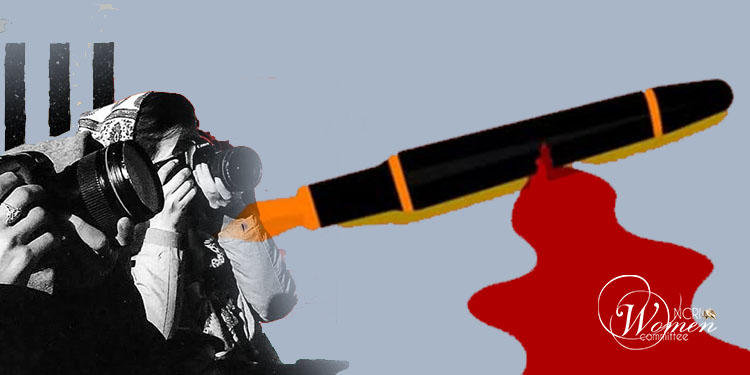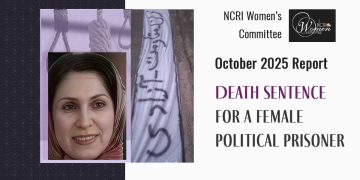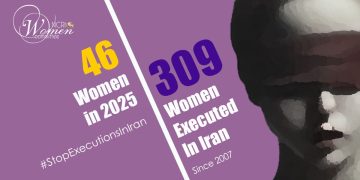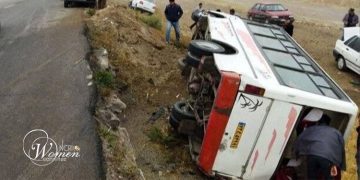November 2 – International Day to End Impunity for Crimes against Journalists
Every year on November 2, the world stands in solidarity with journalists who have faced imprisonment, torture, or even death simply for telling the truth. This global day serves as a reminder that crimes against those who uncover reality must not go unpunished, because silencing journalists means silencing society itself.
But in Iran, where a pen can be as dangerous as a protest, this day carries a heavier meaning. While nations around the world strive to strengthen press freedom, Iranian journalists continue to live under constant threat, censorship, and state persecution.
Iranian Journalists: The Silenced Voices of Truth
For decades, Iran has ranked among the most dangerous countries for journalists. Dozens of reporters, bloggers, and citizen-journalists have been arrested, tortured, or even executed under vague charges such as “propaganda against the regime” or “threats to national security.”
Although Iran’s constitution claims to guarantee freedom of the press, the countless exceptions embedded in its text such as “unless it is detrimental to the principles of Islam or public rights” have become tools for repression.
The tragic death of Zahra Kazemi, an Iranian Canadian photojournalist who was arrested and killed in Evin Prison in 2003, remains a stark reminder that journalism in Iran is not merely a profession; it is an act of defiance against tyranny.
Women Journalists: The Double Victims
Iranian women journalists face a double struggle against both gender discrimination and the regime’s political oppression.
In recent years, dozens of female reporters have been fired, harassed, or imprisoned simply for covering protests or reporting on social issues.
Yet women have played a crucial role in Iran’s independent media landscape, serving as the voice of truth for a silenced generation. The regime, fearing their courage, seeks to erase them from the public sphere.
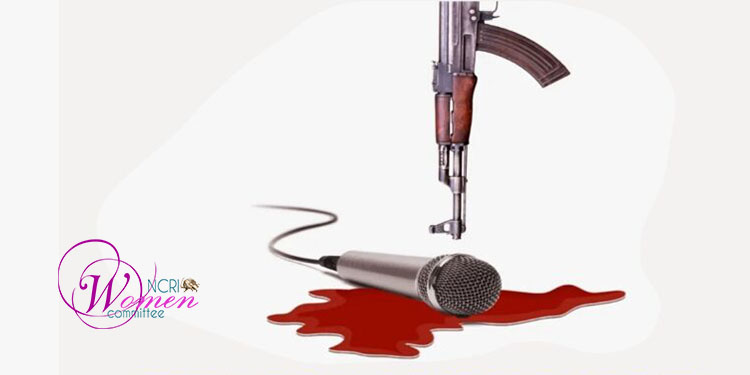
Impunity: The Engine of Oppression
The meaning of “ending impunity” goes beyond punishing individual crimes; it means dismantling the system that protects the perpetrators.
In Iran, not only are those responsible for crimes against journalists never held accountable, they are often rewarded with promotions and power.
This institutionalized injustice has become the very foundation of censorship and fear.
As long as the dictatorial rule of the mullahs continues, neither justice nor freedom of expression can exist.
Press Freedom Depends on a Free Iran
The International Day to End Impunity for Crimes against Journalists is not only a memorial for the victims, it is a call to action for justice and freedom.
In Iran, journalists are imprisoned, silenced, or executed for revealing the truth because a regime built on repression and lies cannot survive the light of awareness.
The reality is undeniable: as long as the current dictatorship remains in power, there can be no freedom of expression and no safety for journalists.
True justice will only come when a democratic, secular, and people-driven government replaces the current tyrannical regime, when journalists are no longer enemies of the state, but the conscience of the nation.
November 2 is more than a date on the calendar; it is a symbol of courage, resistance, and the unbreakable bond between truth and freedom.
It stands for every journalist in Iran and beyond who dares to shine light in the darkest corners, even at the cost of their life.



